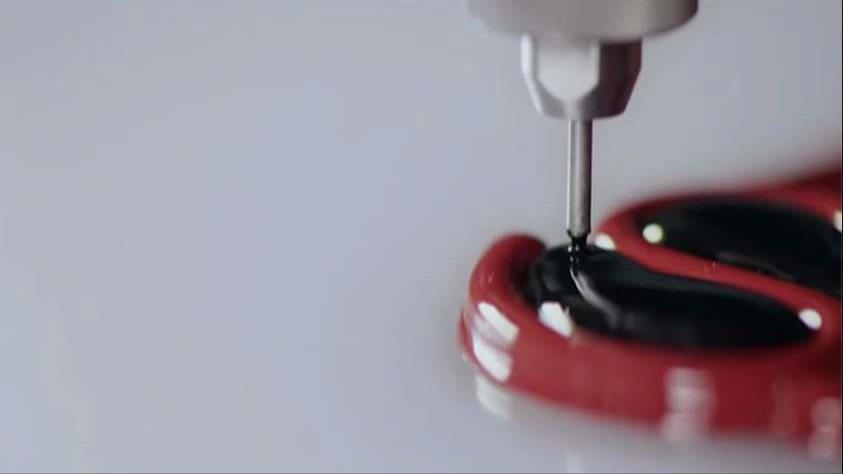Reebok Breaking the Mold of Traditional Shoe Making
Traditional sneaker-making has gone unchanged for decades, created with the use of molds and usually made in Asia to reduce costs. But Reebok’s latest innovation in the manufacturing of its Liquid Speed sneakers could cut the cost of sneaker manufacturing, increase speed to market and create jobs in America. Bill McInnis, head of Reebok Future, weighs in on the new manufacturing technology.
“So, Liquid Factory is Reebok’s initiative to get out of the mold business as you said at the front. Every shoe that’s out there right now uses molds, our shoes, everybody else on the market.” McInnis continued, “The problem with molds is they’re really expensive all by themselves, they take a lot of time to create and they also involve a lot of labor and shipping costs as well. So, we’re chasing inexpensive labor, that’s why 99% of the product is made in Asia today.”
McInnis explained the benefits of being able to bring manufacturing back to the U.S.
“So, the biggest gain is getting much closer to the consumer, the younger consumer, and that’s who we’re targeting, the fit-gen is 18 to 22 years old, they’re moving at lightning speed. So, moving the whole process closer allows us to basically turn product around in weeks as opposed to months,” McInnis told the FOX Business Network’s Maria Bartiromo.
According to McInnis, the urethane material used in the company’s 3D drawing adds many benefits as well, such as speed in manufacturing and customization.
“You can dial in almost down to the individual shoe exactly how somebody likes it. So, when you get closer to the consumer and you’re drawing things and not taking months to open up molds, you can make changes in days and hours even as opposed to months.”
McInnis says this innovative way of manufacturing could be a game-changer for the industry.
“You’ve got a whole industry that’s been dependent on inexpensive labor for many, many years and we’ve watched production move from Japan, believe it or not, over to Korea, from Korea to China, now into Vietnam, but we’re basically out of places on this planet to find less expensive labor.”




















